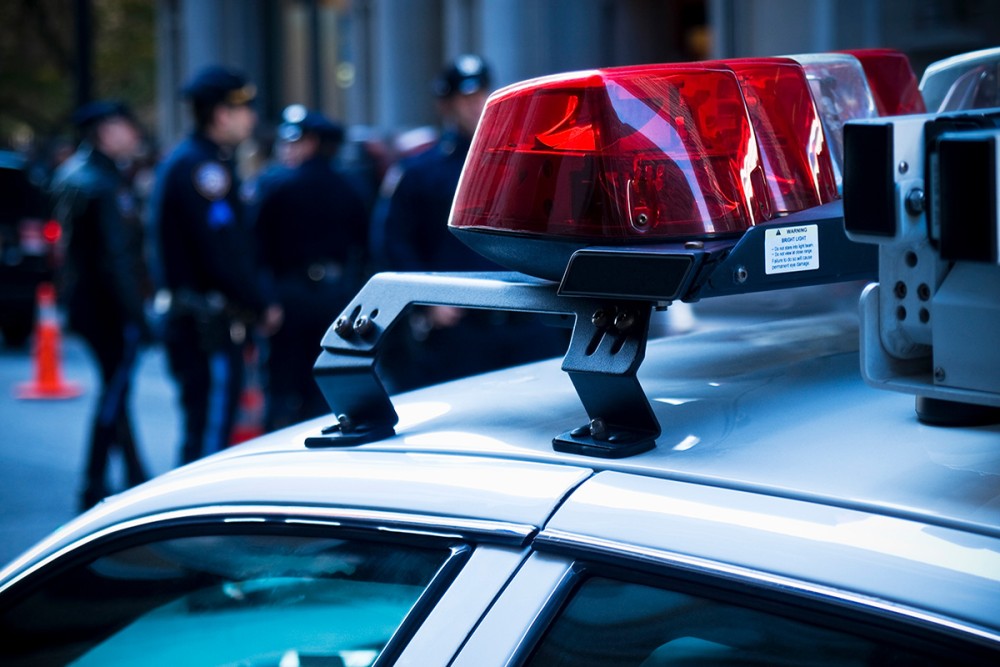The dangerous doctrine of qualified immunity for police
When officers can duck consequences for civil rights violations, policing is more dangerous for everyone.

During a Freedom Ride in 1961, 15 Episcopal priests—12 White and three Black—were arrested for breach of peace when they entered a segregated section of a Mississippi bus terminal. They sued the police officers for violating their civil rights, and the case went to the Supreme Court, which ruled against the priests in 1967. Chief Justice Earl Warren’s decision maintained that while the police do not enjoy “absolute and unqualified immunity” from civil liability, they are protected for any actions taken “in good faith.”
Thus was the doctrine of qualified immunity born. In the decades since, the courts have tried to define a clear test for what counts as good faith on the part of police. The answer has grown to encompass almost anything. Today, qualified immunity applies in all cases where no precise civil precedent exists: If an officer violates someone’s civil rights in an incident nearly identical to one already judged unlawful in a prior suit, that officer can be sued. Otherwise they cannot. Recent high-profile cases include unwarranted attacks by police dogs, inappropriate seizure of property, and fatal shootings of unarmed citizens.
Qualified immunity is not popular. Two-thirds of Americans are against it. Justices Clarence Thomas and Sonia Sotomayor have each publicly opposed it. The Cato Institute and the American Civil Liberties Union are working together to fight it. In 2018, federal judge Don Willett (a Trump appointee) wrote that “qualified immunity smacks of unqualified impunity, letting public officials duck consequences for bad behavior—no matter how palpably unreasonable—as long as they were the first to behave badly.”





